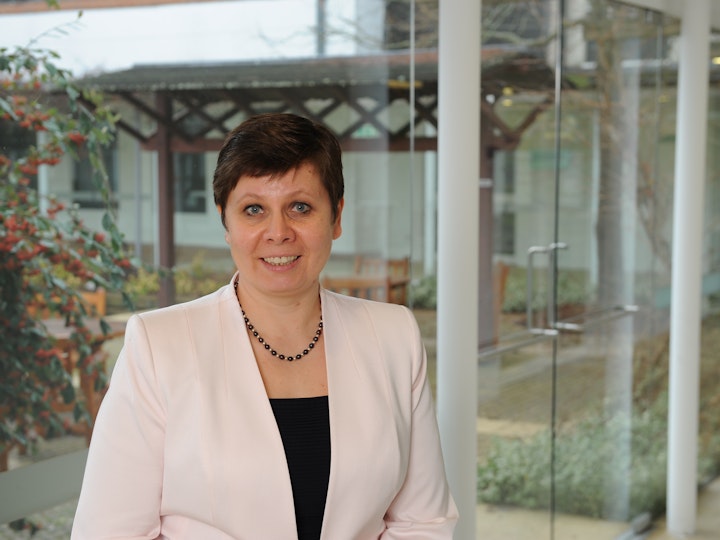Professor Yelena Kalyuzhnova Contributes Thought Piece on Green Policy Co-operation Between China and Central Asia
Professor Yelena Kalyuzhnova, Director of the Centre for Euro-Asian Studies, has shared an expert thought piece on the green policy collaborations between China and Central Asia with the China Global Television Network (CGTN).

In the article, Professor Kalyuzhnova raises the view that the changing relationship between China at the countries to its western border, such as Kazakhstan and Nepal, is moving away from the Belt and Road Initiative infrastructure projects of roads, railways and energy pipelines. Instead, the potential next step is to be one of industrial transformation towards sustainability.
Citing the examples of Kazakhstan and Turkmenistan as Central Asian nations with economies that have traditionally been heavily dependent on exporting oil and natural gas, Professor Kalyuzhnova highlights the increasing environmental risks to these economies and their agricultural sector. Her proposal of tapping into renewable energy resources in the region would be a substantial change to existing industrial policy, but one that China is well positioned to launch due to its role as a leader in global battery production, solar energy and wind power.
Central Asian nations would benefit from Chinese technology, investment and trading links to global markets, along with tapping into China's experience of building its own green industrial ecosystems, having implemented research centres, training institutions and financial frameworks to support businesses. In return, China would gain both strengthened diplomatic ties with these nations and partnerships to deliver the green technologies and the minerals that support them as global demand increases.
Breaking down how the partnership would function and the need for a strategic vision beyond individual construction projects, Professor Kalyuzhnova emphasised that any ventures would need to be specific to each community, with local ownership and participation. This would mean analysing local contexts, such as decentralised energy systems being more viable in sparsely populated countries than extending the existing energy grid, and ensuring that the benefits of any projects, such as electricity access, job creation and reduced energy costs, do not exclude the local population in favour of depending on short-term foreign expertise.
One option to kickstart this shift towards renewable energy would be the creation of 'green industry zones' into a robust supply chain to process the critical minerals such as copper and lithium needed to manufacture solar panels, electric vehicles and batteries. This would also help to support the development of local manufacturing and services through training a skilled workforce and facilitating partnerships between universities and industry to establish best practices.
Professor Kalyuzhnova concluded by warning of the need to align the green energy revolution with broader regional development strategies. Choosing the correct location for a new solar or wind farm would be crucial to both convince the local population of its value and to support existing businesses, from urbanised industrial hubs to large-scale rural agricultural operations.
The full article can be read on the CGTN website here.


